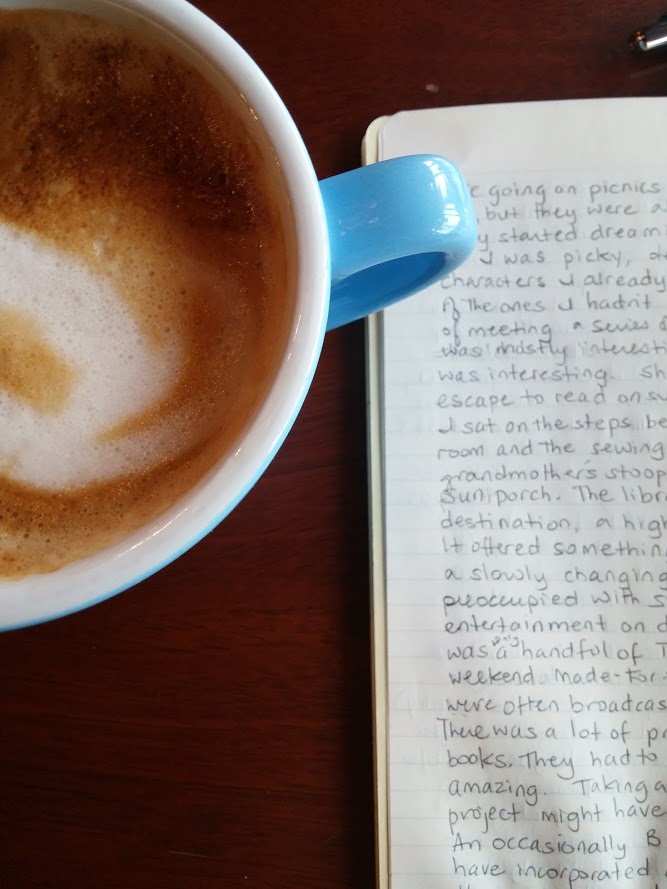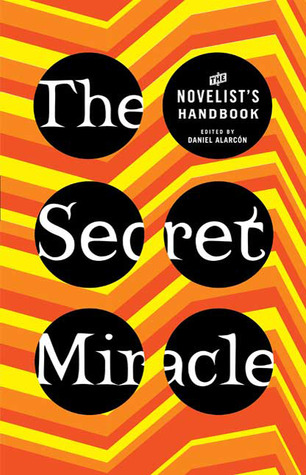As I mentioned in my introductory post to this volume, the following subjects are considered: Reading and Influences, Getting Started, Structure and Plot, Character and Scene, Writing, Revision, and The End.
The format presents a variety of questions within the overarching subject and not every writer who is included in the collection responds to every question. Below are some of the responses that stood out for me.
But a great novel is not the one that transforms the character but the one that transforms the reader.
-Rabih Alameddine
I want a novel that isn’t afraid to follow a story to its true end, even if what is discovered there isn’t good news.
-Tayari Jones
On Ideas:
Heartbreak usually gets one going, heartbreak for a love that didn’t work out, for a homeland that has lost its way, for a generation that didn’t quite make it.
-Gary Shteyngart
I can’t move on from a bad sentence; it gets more and more painful, like leaving a child behind you on the road.
-Anne Enright
A first chapter must have a web you want to fall into.
-Rodrigo Fresán
I think of the book or story as a space. I enter it, spend time in it, arrange the furniture, paint the walls, get out, leave it to the people who will live there.
-Aleksandar Hemon
On outlines:
I hold everything in a nice mush in my head.
-Chris Abani
On re-writing:
It’s what gives me pleasure and when I can work with more enthusiasm – with the knowledge that the story I want to tell is there in the raw material.
-Mario Vargas Llosa
On characters:
Niceness is not compelling.
-Claire Messud
I know what I like about different endings of my favourite books. They always make me want to reread the book right away.
-Yiyun Li
Writing to me is very much about discovering the meaning of my life.
-Amy Tan
This collection is Great Stuff for Writers.
Daniel Alarcón (Ed.) The Secret Miracle: The Novelist’s Handbook (Henry Holt, 2010)

